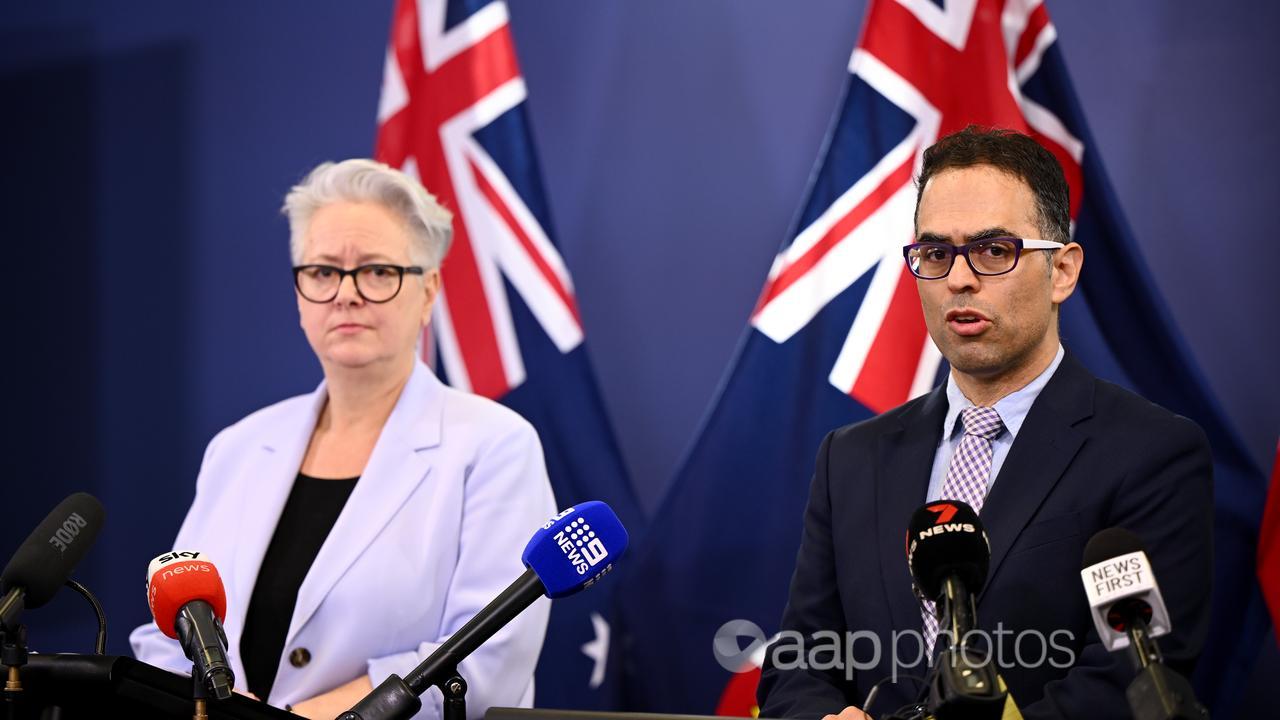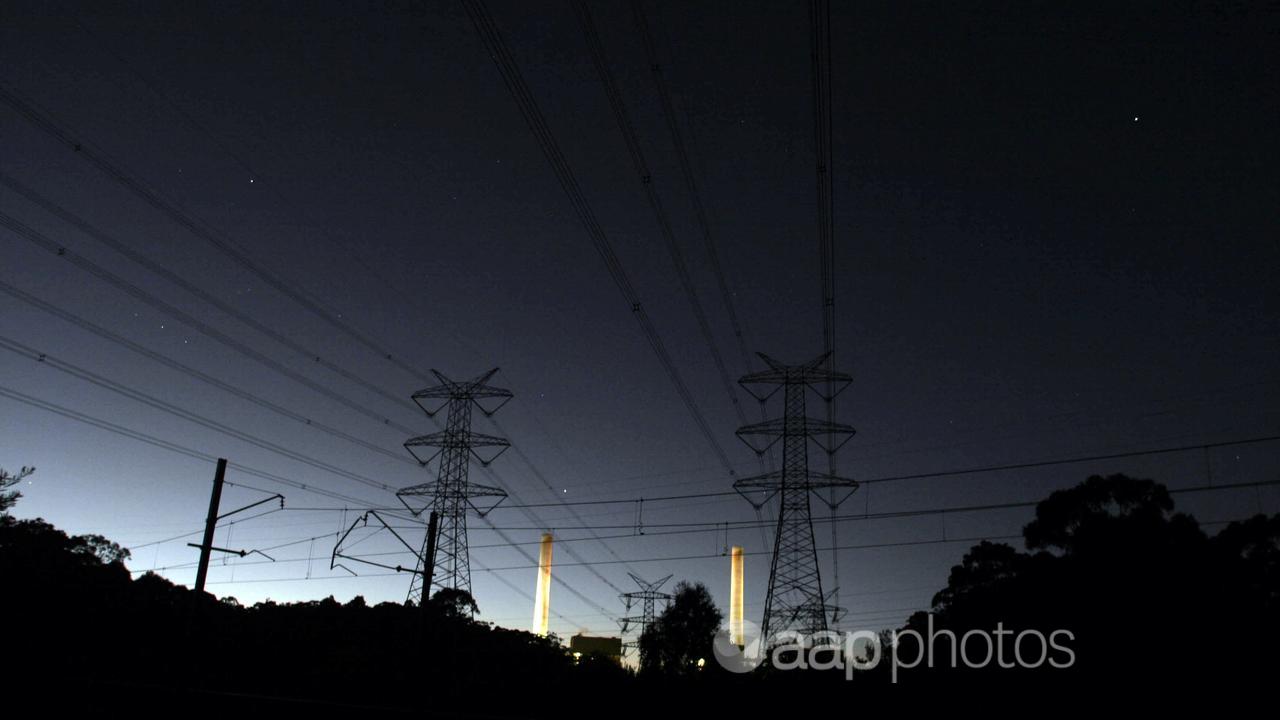The life of Australia’s largest coal-fired power station will be extended for at least two years in a deal that could cost NSW taxpayers up to $450 million, which has been slammed by clean-energy advocates.
But the agreement with Origin Energy to keep the Eraring power station running past its scheduled August 2025 retirement does not represent “corporate welfare” and is needed to prevent price spikes for customers, state ministers say.
The NSW government on Thursday announced it had struck a “risk-sharing arrangement” with the company after months of talks in order to guarantee a minimum electricity supply until the plant’s new, expected closure date.
“We have to keep the lights on and prices down so that we can make sure that renewable energy and storage and firming is in place as we manage to the exit of coal-fired power,” Energy Minister Penny Sharpe said.

Under the agreement, the NSW government will not make any up-front payments to Origin.
But taxpayers could be billed up to $225 million each year for the company’s losses from Eraring if the company opts into an underwriting arrangement.
Origin will need to decide by March 31 in 2025 and 2026 whether it will opt into that deal for the following financial year.
The firm will also have to hand over up to $40 million per year if it opts in and Eraring delivers a profit.
The agreement represented a “good deal for taxpayers”, Ms Sharpe said.
Energy reliability in NSW faces risks from the summer of 2024 until 2028 due to delays in battery projects, a report from the Australian Energy Market Operator said on Tuesday.
Treasurer Daniel Mookhey described the deal as a “finely calibrated risk-sharing arrangement” and the profit-sharing deal would ensure Origin “doesn’t think that this is an easy ride”.
“It’s not an act of corporate welfare on the part of the government, but nor is it an act of charity on the part of Origin Energy,” he said.
Eraring, which sits on the shore of Lake Macquarie south of Newcastle, was privatised under the former coalition government in a 2013 deal that resulted in Origin being paid $75 million to take over the ageing asset.
Had the power station remained in public hands, the deal would never have been needed, Mr Mookhey said.
Origin must permanently de-register all four of Eraring’s power units from the national grid by the end of April 2029.

But environmental groups and progressive think-tanks have long railed against giving any lifeline to the power station.
The Climate Council described the power-station lifeline as “a failure of climate leadership”.
“Every NSW taxpayer will bear the financial burden of this decision, which undermines climate targets for both NSW and Australia and delays the shift to cleaner, lower-cost energy,” council economist Nicki Hutley said.
Official forecasts show NSW is expected to fall short of its legislated emission-reduction targets for 2030 and 2035 based on current abatement measures.
The Mining and Energy Union said the deal was a good decision for Eraring workers while calling on Origin to negotiate with Centennial to secure coal ongoing supplies from the nearby Myuna and Mandalong mines.
“Just down the road are a thousand coal miners whose livelihoods depend on supplying coal to the power station, who don’t know if they have jobs after the end of next month,” union representative Robin Williams said.
Employer lobby Ai Group said the deal provided a critical window for extra energy sources to be built before Eraring closed down.
“This two-year deferral buys some time, but not much; we have to use it well,” chief executive Innes Willox said.




















